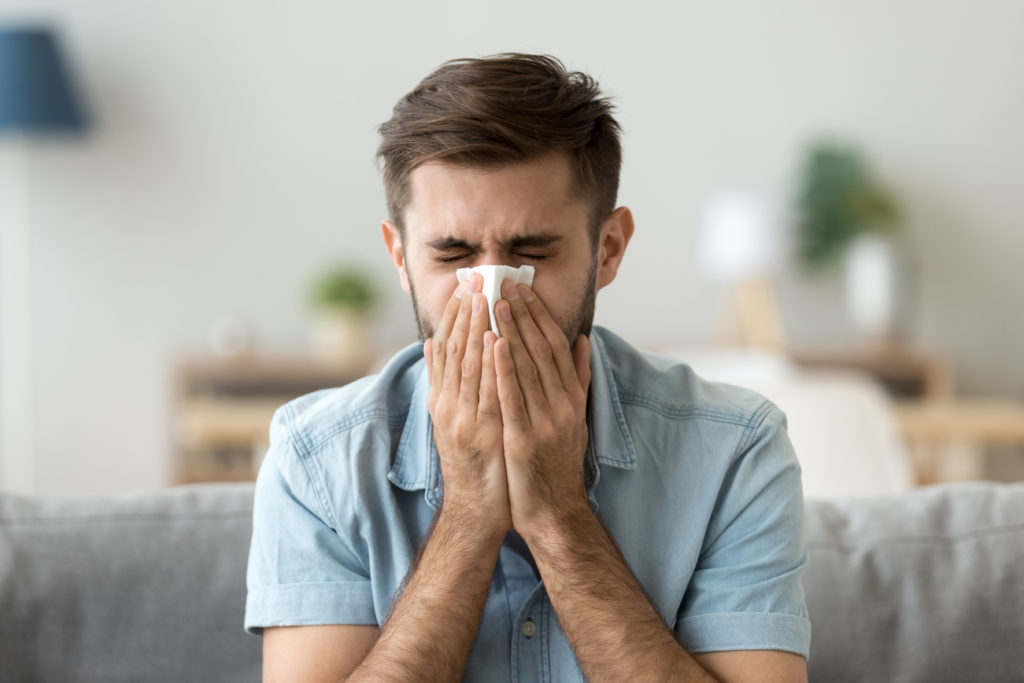Southwell urges local residents to get a flu shot because this flu season poses more challenges than ever due to COVID-19. Southwell consists of Tift Regional Medical Center (TRMC) and the TRMC West Campus in Tifton, Southwell Medical and South Health and Rehabilitation in Adel, and various physician practices located throughout the region.
“Out of all the years to get a flu shot, this year is probably the most critical,” said Mary Key, RN, CIC, Director of Infection Prevention for Southwell. “This season, hospital and ICU beds could fill-up with both influenza and coronavirus patients. We strongly encourage local residents to protect themselves and others by getting a flu shot and helping to minimize the spread of both the flu and COVID-19.”
Key said the official flu season runs between October 2020 and May 2021. Visitor restrictions are typically implemented at Southwell’s hospitals and nursing home during the flu season, but tighter restrictions are already in place due to COVID-19.
“Just like the coronavirus, we need the community’s help in minimizing the spread of the flu,” said Key. “Flu vaccination can reduce flu illnesses, visits to the doctor, and absent days at work and school due to the flu. It can also prevent flu-related hospitalizations.”
Key said the more people who get vaccinated, the more people will be protected from flu, including older people, very young children, pregnant women, and people with certain long-term health conditions who are more vulnerable to serious flu complications.
In addition to a flu shot, Key said there are other ways to help limit the spread of influenza. Some basic rules-of-thumb include:
Avoid close contact – stay away from those who are sick and if you’re sick, stay away from everyone else.
- Stay home when you are sick – you’re doing no one any favors by going to work or school with the flu. Rest until you’re better.
- Cover your mouth and nose – when you cough or sneeze, use a tissue and save everyone in the immediate vicinity from your germs.
- Clean your hands – washing your hands often is always a good idea. If you are around anyone who is or has been sick, wash your hands even more frequently.
- Avoid touching your eyes, nose or mouth – germs are often spread when a person touches something that is contaminated with germs and then touches his or her eyes, nose or mouth.
- Practice other good health habits – get plenty of sleep, be physically active, manage your stress, drink plenty of fluids and eat nutritious food.
- Continue to follow COVID-19 precautions such as wearing a mask in public, observing social distancing, and avoiding large gatherings.
“We appreciate the community’s help and cooperation in reducing the spread of flu and COVID-19,” said Key.

